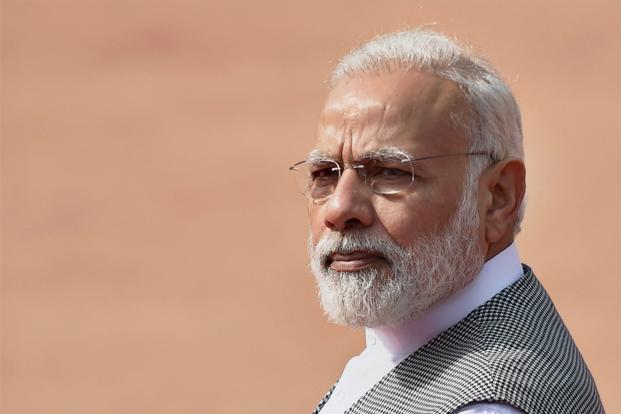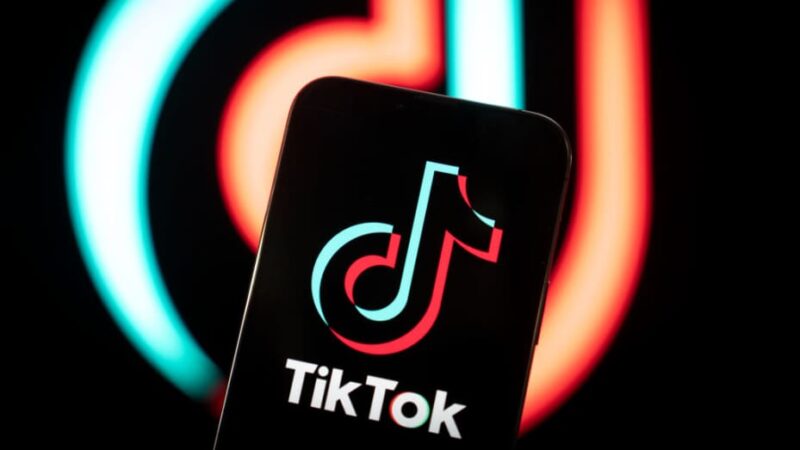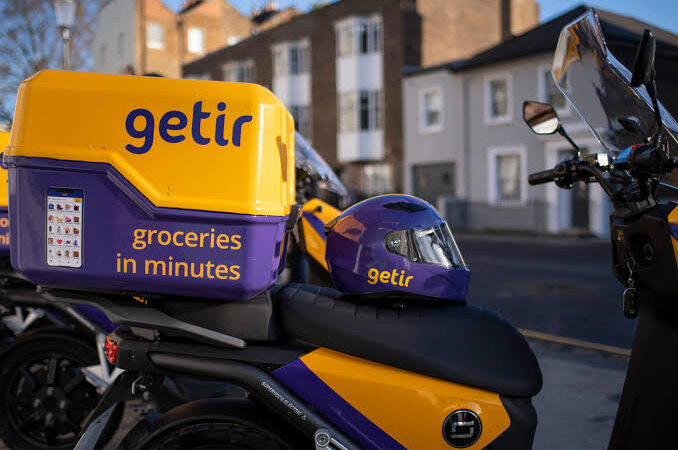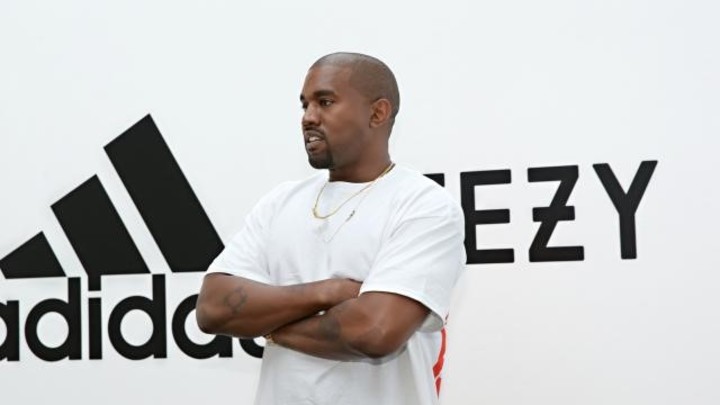The energy minister of Sri Lanka warns that gasoline supplies are soon to run out.
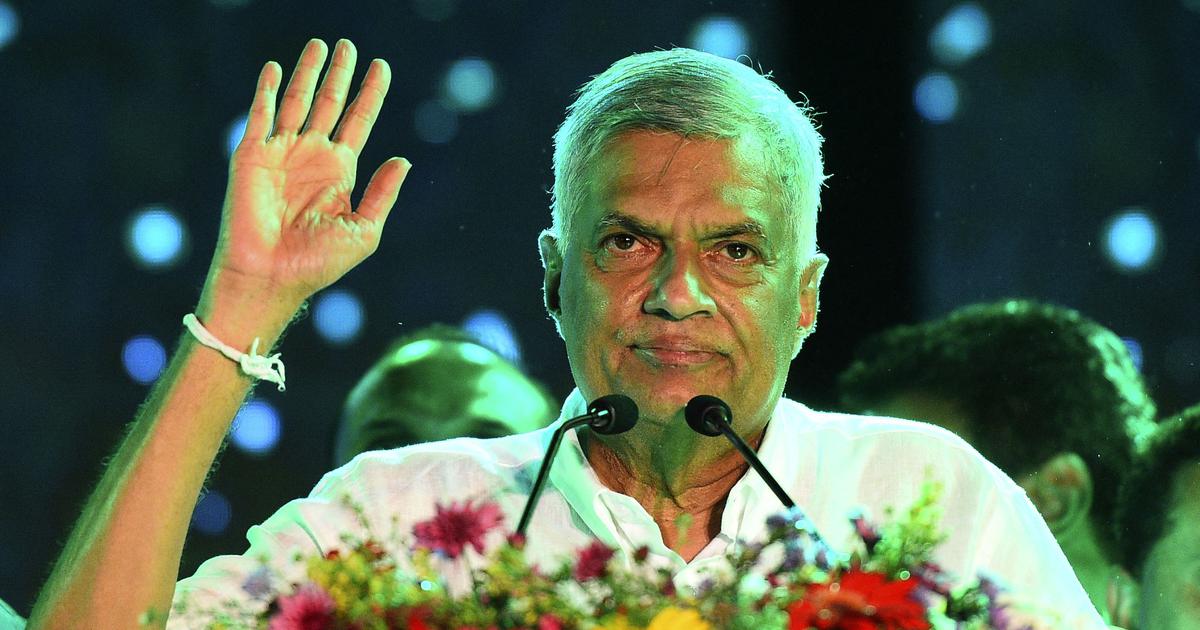
The energy minister of Sri Lanka has issued a dire warning about the country’s gasoline supplies in light of the country’s worst economic crisis in more than 70 years.
On Sunday, Kanchana Wijesekera claimed that there wasn’t even enough gasoline in the nation to meet the typical demand for more than a day.
He said that another two weeks would pass before the arrival of the next delivery of fuel.
Due to financial constraints, Sri Lanka last Monday prohibited the sale of gasoline and diesel for non-essential vehicles. This includes imports of food, medicine, and fuel.
The country still had 4,061 metric tonnes of gasoline and 12,774 metric tonnes of petroleum in reserve, according to Mr Wijesekera.
A supply of diesel is due to arrive at the weekend, despite Mr Wijesekera’s warning that the nation does not have the money to pay for planned fuel and crude oil imports.
According to Mr Wijesekera, the country owes seven vendors $800 million for earlier this year’s purchases.
It took place following Sri Lanka’s week-long restriction on the sale of gasoline for private vehicles.
Experts claim that it is the first country since the US and Europe were forced to limit fuel during the 1970s oil crisis to take such a drastic step as to stop selling gasoline to the general population.
Due to a lack of foreign currency, the island nation’s 22 million people are experiencing their worst economic crisis since gaining independence from the UK in 1948. This is because they are unable to purchase enough necessities.
Because so many people rely on vehicles for transportation, there are often severe shortages of food, medicine, and gasoline, which has led to the country’s highest-ever cost of living.
A team from the International Monetary Fund concluded new negotiations on a $3 billion (£2.5 billion) bailout plan with Sri Lanka last Thursday.
The group stated in a statement that it has made “significant progress on developing a macroeconomic and structural policy package,” despite the fact that no decision has yet been reached.
The cash-strapped country has also despatched delegates to Russia and Qatar, two of the biggest energy producers in the world, in an effort to secure affordable oil supplies.

